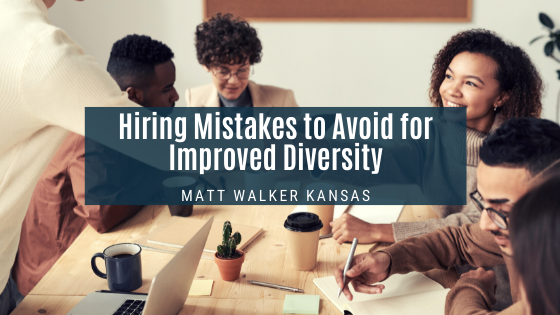The Top Diversity Mistakes to Avoid
Having a diverse workforce allows your organization to enjoy a range of talents and personalities. Getting to this point, however, requires more than simply checking off boxes. Many companies get it wrong when trying to hire a diverse workforce, so by understanding their mistakes, you can avoid some of the most common pitfalls that employers face when hiring their workforce.
Checking Off Boxes
Some employers make the mistake of simply finding candidates that fit a “profile,” and hiring them, thinking their job is done. The problem with this is that they don’t often search for the best diverse candidates, they simply look for someone who fits the company’s diversity need. So they hire a gay man, a black woman and a senior-aged man. The problem is that they often look at little else than the person’s “characteristic,” placing them into roles for which they may not fit. This in turn leads to resentment from the other staff, which leads to a hostile workplace. Instead, dig deeply to find candidates who are outstanding in their field and hire the top talent—whatever their race.
Not Paying Attention to Inclusion
Let’s face it, some workplaces are toxic to underrepresented candidates. Many minorities in the workplace face daily microaggressions and overt behavior and policies that make them feel anything but included. These may include questions about their competency, a silencing of their ideas of policies that present their culture in a negative light. If your company’s culture is toxic, word will get out, and you will have a hard time recruiting the best diverse talent.
Allowing Personal Biases to Rule Policy
Many hiring managers will discard a resume with a name that is difficult to pronounce, or intentionally hire people of a certain nationality because they’re believed to be good at math. This is not only harmful to your talent, but can hurt your company’s bottom line. Hiring someone based on assumptions and biases can lead to a bad hire, which can ultimately cost your company money.
Avoiding the mistakes that many HR directors make when trying to diversify their companies is important. By eliminating personal biases, creating inclusive workspaces and recruiting based on talent, you can ensure that you get the best employees to run your company.

